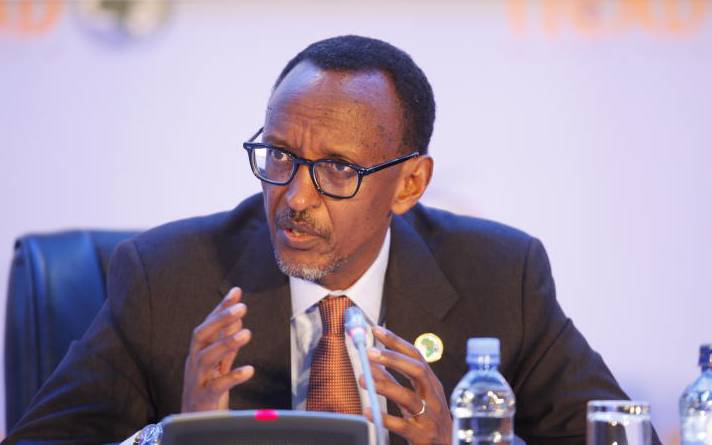×
The Standard e-Paper
Stay Informed, Even Offline

Rwanda’s President Paul Kagame (above) is the latest African leader to defend the World Health Organisation (WHO) and its head Dr Tedros Adhanom Ghebreyesus against attacks by US President Donald Trump.